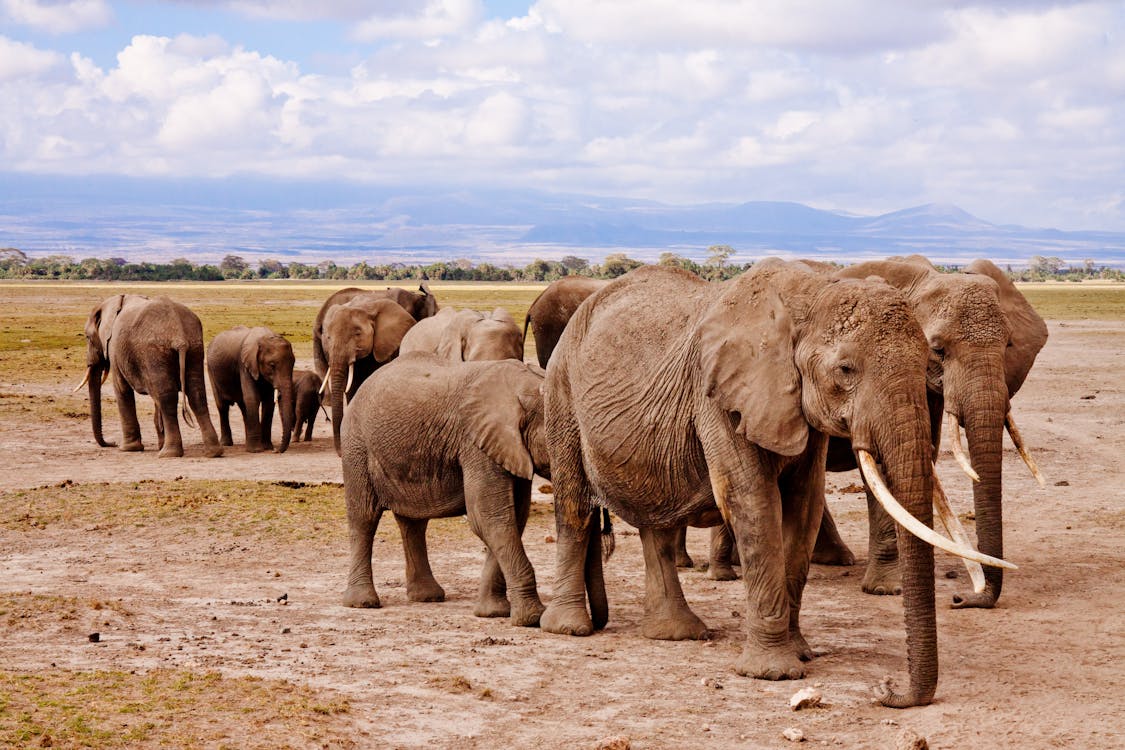
Sustainable Safari: Eco-Friendly Travel in Africa
As travelers become increasingly conscious of their environmental impact, sustainable safari options are growing across Africa. A truly sustainable safari not only minimizes negative environmental effects but also positively contributes to conservation efforts and local communities. Here's how you can make your African adventure more eco-friendly without compromising on the experience.
Choosing Sustainable Accommodations
The lodge or camp you select forms the foundation of your safari's sustainability credentials:
- Eco-Certification: Look for properties certified by recognized organizations like Fair Trade Tourism or Ecotourism Kenya.
- Environmental Practices: Research how properties manage waste, water, and energy. The best eco-lodges use solar power, rainwater harvesting, and comprehensive recycling systems.
- Local Materials: Sustainable properties are often built using local, renewable materials and traditional building techniques that minimize environmental impact.
- Size Matters: Smaller, intimate camps generally have a lower environmental footprint than large lodges.
Community Involvement
Truly sustainable safari operations benefit local communities through:
- Local Employment: Properties should primarily employ staff from nearby communities and provide training and advancement opportunities.
- Community Ownership: Some of Africa's most successful conservation models involve community conservancies where local people directly benefit from and participate in tourism.
- Cultural Respect: Authentic cultural interactions should be conducted with dignity and fair compensation, not as "human zoos."
- Local Sourcing: Sustainable properties source food, materials, and services locally whenever possible.
Conservation Contribution
Your safari should actively support wildlife conservation through:
- Conservation Fees: A portion of what you pay should directly fund conservation efforts.
- Anti-Poaching Support: Many lodges and operators fund ranger teams and anti-poaching units.
- Research Participation: Some operators contribute to or participate in wildlife research and monitoring.
- Habitat Protection: The best operators actively work to protect and restore natural habitats.
Responsible Wildlife Viewing
How you interact with wildlife matters:
- Respectful Distance: Never pressure guides to get too close to animals or disturb their natural behavior.
- Vehicle Numbers: Too many vehicles around wildlife causes stress. Good reserves limit the number of vehicles at sightings.
- Off-Road Policies: While off-road driving allows closer wildlife viewing, it should be done responsibly to minimize habitat damage.
- No Artificial Attractions: Avoid operators who bait or artificially attract wildlife for guaranteed sightings.
Carbon Consciousness
Long-haul flights to Africa have a significant carbon footprint. Mitigate this by:
- Longer Stays: Instead of multiple short trips, plan one longer safari to maximize your flight's carbon cost.
- Carbon Offsetting: Purchase verified carbon offsets for your flights through reputable programs.
- Ground Transportation: Once in Africa, choose operators who use fuel-efficient vehicles or are transitioning to electric game drive vehicles.
Plastic and Waste Reduction
Waste management is challenging in remote areas:
- Reusable Water Bottles: Bring your own and use lodges' filtered water refill stations.
- Toiletries: Bring biodegradable, reef-safe products in reusable containers.
- Photography: Use rechargeable batteries and take memory cards rather than disposable options.
Sustainable Safari Operators
Several safari companies have pioneered sustainability in African tourism:
- Wilderness Safaris: Their 4Cs approach (Commerce, Community, Culture, Conservation) has set industry standards.
- &Beyond: Known for their "Care of the Land, Care of the Wildlife, Care of the People" philosophy.
- Asilia Africa: A B Corporation certified company with strong community development programs.
- Great Plains Conservation: Founded by renowned conservationists and photographers Dereck and Beverly Joubert.
Beyond the Safari
Sustainability extends to all aspects of your trip:
- Souvenirs: Purchase directly from artisans or fair trade organizations. Avoid products made from endangered species.
- Cultural Sensitivity: Research local customs and dress codes before your trip.
- Photography: Always ask permission before photographing people.
- Continued Support: Consider ongoing donations to conservation organizations working in areas you've visited.
A sustainable safari may require more research and potentially a higher budget, but the rewards are substantial. You'll enjoy a more authentic experience, forge meaningful connections with local people, and know that your journey contributes to preserving Africa's wildlife and wild places for future generations. In an era of climate change and biodiversity loss, responsible travel choices have never been more important.
Gallery

Click to view

Click to view

Click to view

Click to view
Reserve Your Luxury Escape
When you stay with Pamoja, you’re doing more than exploring — you’re helping conserve wildlife, uplift communities, and protect the environment for generations to come. Let your journey be part of something greater.
Check Availability


